Ever been in a chess game where the same position just keeps repeating over and over?
You make a move, your opponent counters, a few moves later you’re back where you started.
Frustrating, right? Well that endless loop has a name – it’s called threefold repetition.
Threefold repetition is one of the ways a chess game can end in a draw.
It happens when the exact same position occurs on the board three times, with the same player to move.
It usually happens when neither side can make progress in a position and the players just shuffle pieces back and forth.
Let’s see an example.
The game below was played between Fischer and Petrosian in 1971. After Fischer’s last move, 34. Qe2, he was able to get a draw by claiming a threefold repetition.
Why? The same position had occurred 3 times. Observe the game closely from move 30 to 34.
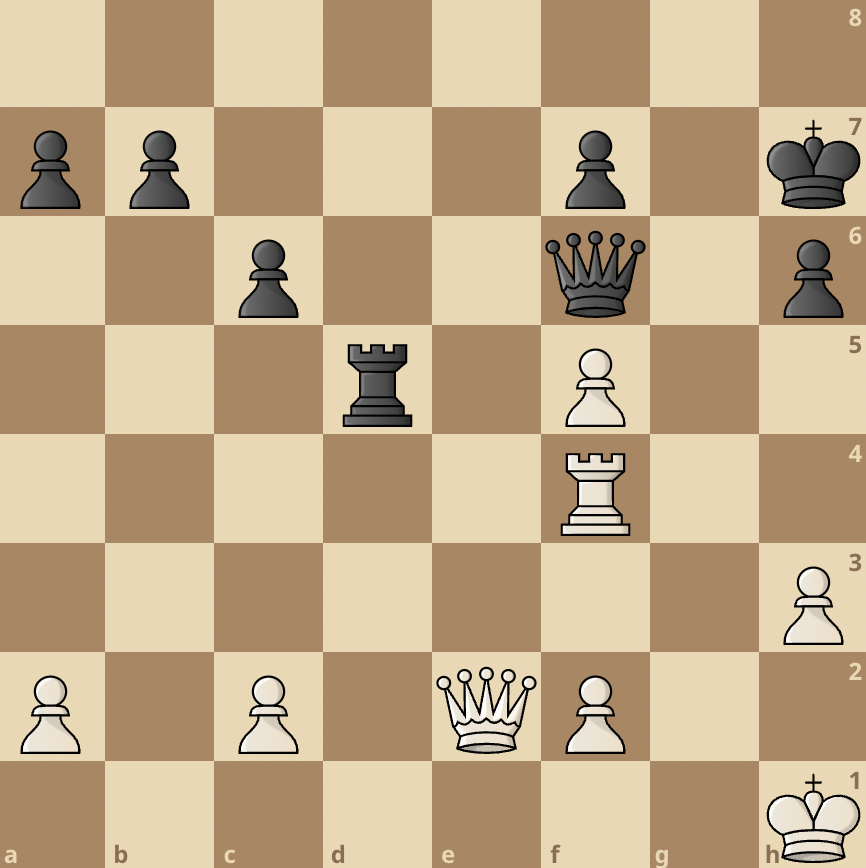
Touch the moves or move the board around for a better interactive experience.
Let’s see another game that was played between former world champion, Magnus Carlsen and super grandmaster, Anish Giri.
This game was played in 2013 at Tata Steel tournament. In this game, Carlsen was able to force a draw from a slightly worse position with an ingenious bishop sacrifice that forced the entry of the Black rooks. White had to concede a draw to avoid getting checkmated with …Rb4 to …Ra4 when the White king is on a2.
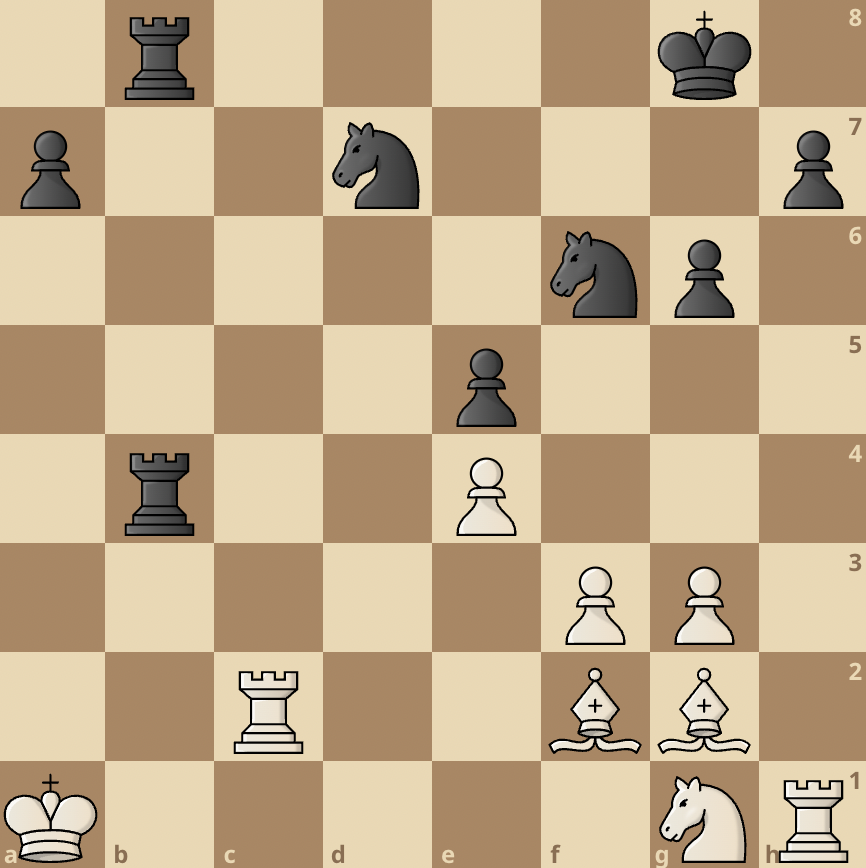
By now, you’ll observe that the same position does not have to occur consecutively – the three repetitions can happen with other moves in between.
As long as the same position with the same player to move arises three times, it’s a threefold repetition. The basic idea is that neither player is making progress, so the game is drawn.
To claim a draw by threefold repetition, a player must notify the arbiter. They cannot just stop the clock and assume the game is drawn.
The arbiter will then verify that the same position did indeed occur three times with the same player to have the move.
Some key points about threefold repetition:
- The position must be identical, including available moves. Minor differences like the point value of pieces don’t matter.
- The repetition can occur at any stage of the game, not just the endgame.
- The player is not required to claim a draw after the third repetition. Play can continue if both players wish. However, after fivefold repetition, the arbiter will declare a draw regardless of the players’ wishes.
- When verifying the repetition, the arbiter will often look at the game scoresheet or use a chessboard to view the positions. In some cases, they may need to consult video footage or computer records to confirm the details.
- If a player’s claim of threefold repetition is found to be incorrect, a time penalty may be assessed for stopping the clock. So, players should be certain before making the claim.
- Threefold repetition results in a draw, not a win or loss for either player. The game is considered tied.
Threefold repetition is one of the ways a draw can be claimed in chess and it’s recognized by FIDE, in addition to stalemate, the 50-move rule, and agreement.
Read more about those here:
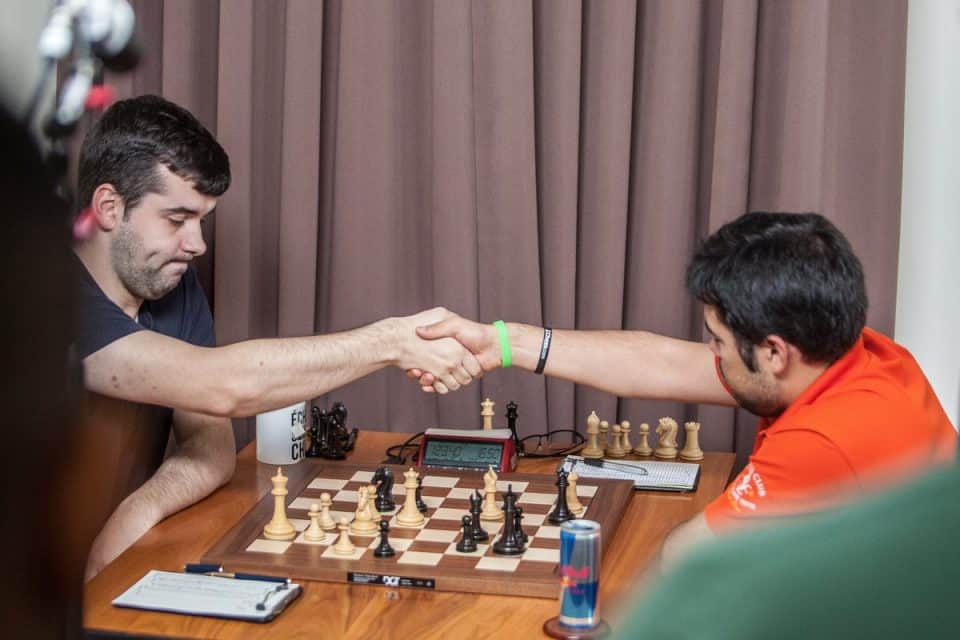



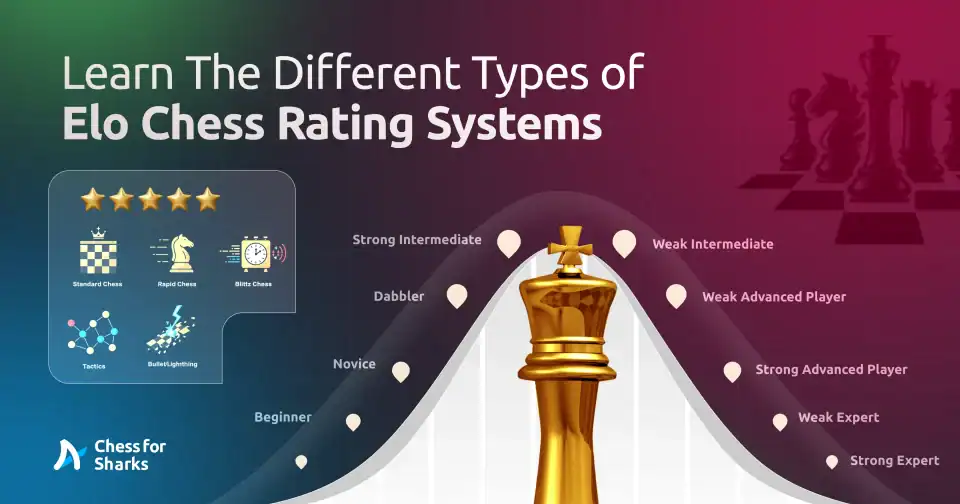

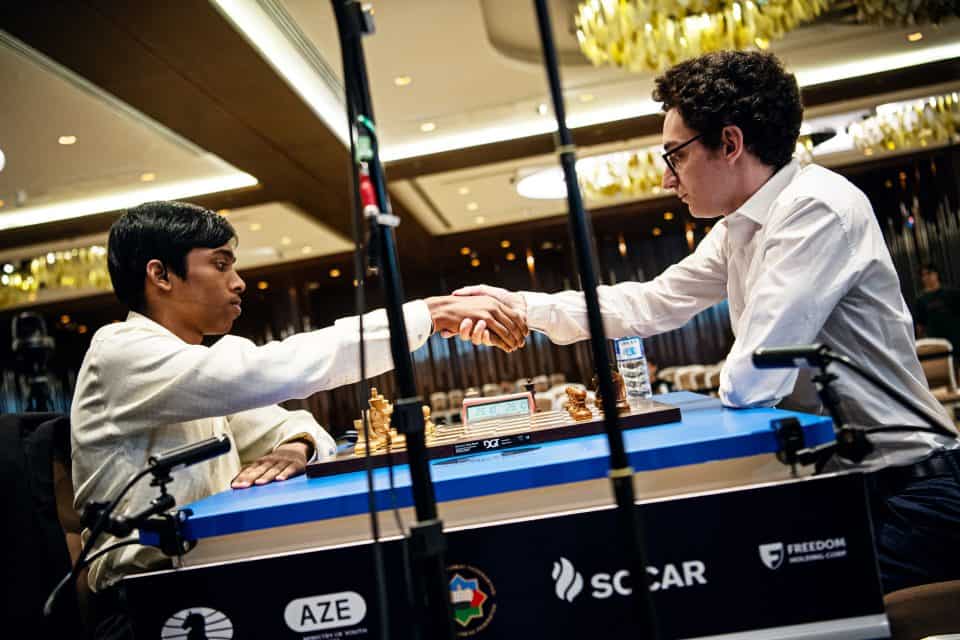
join the conversation